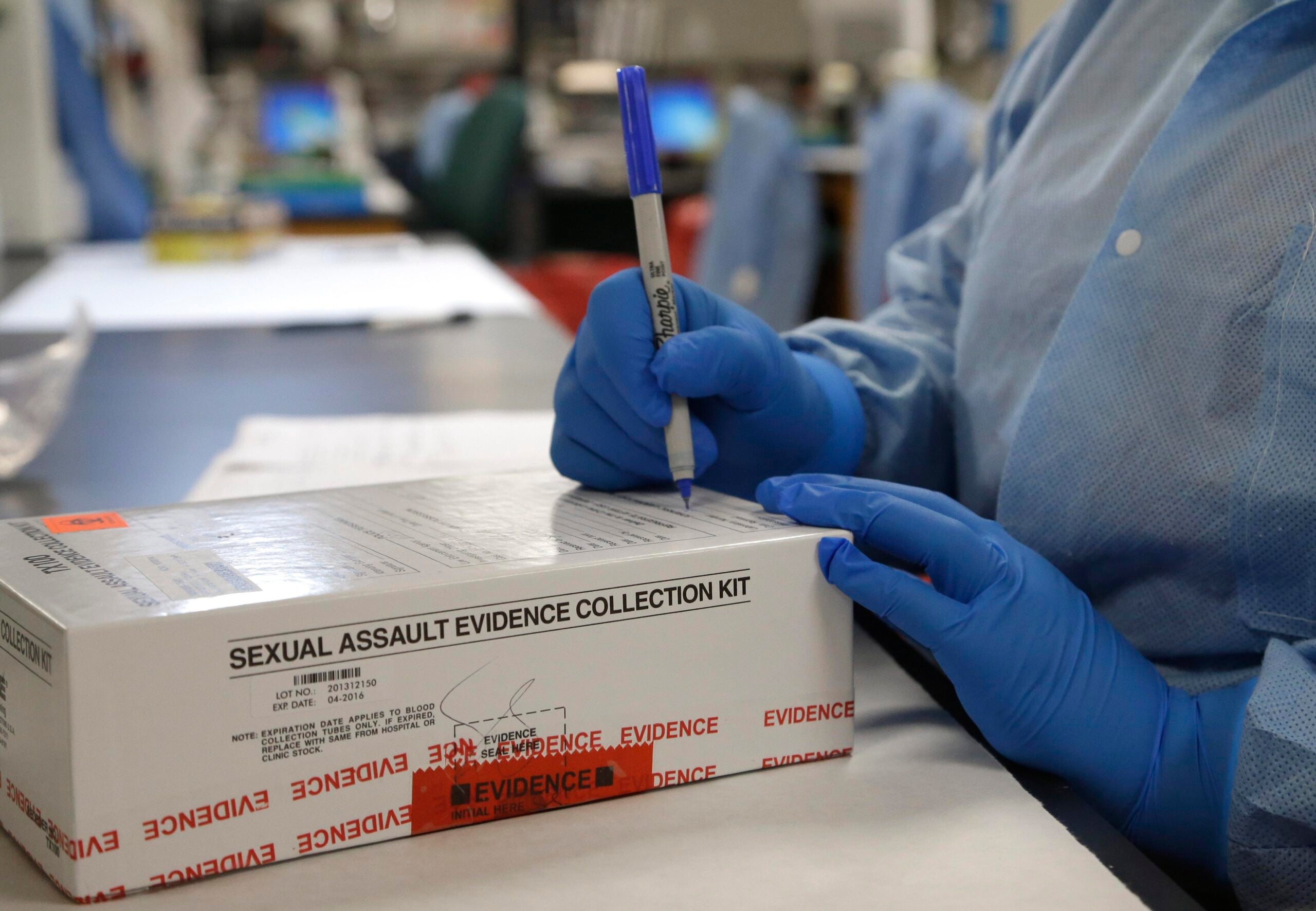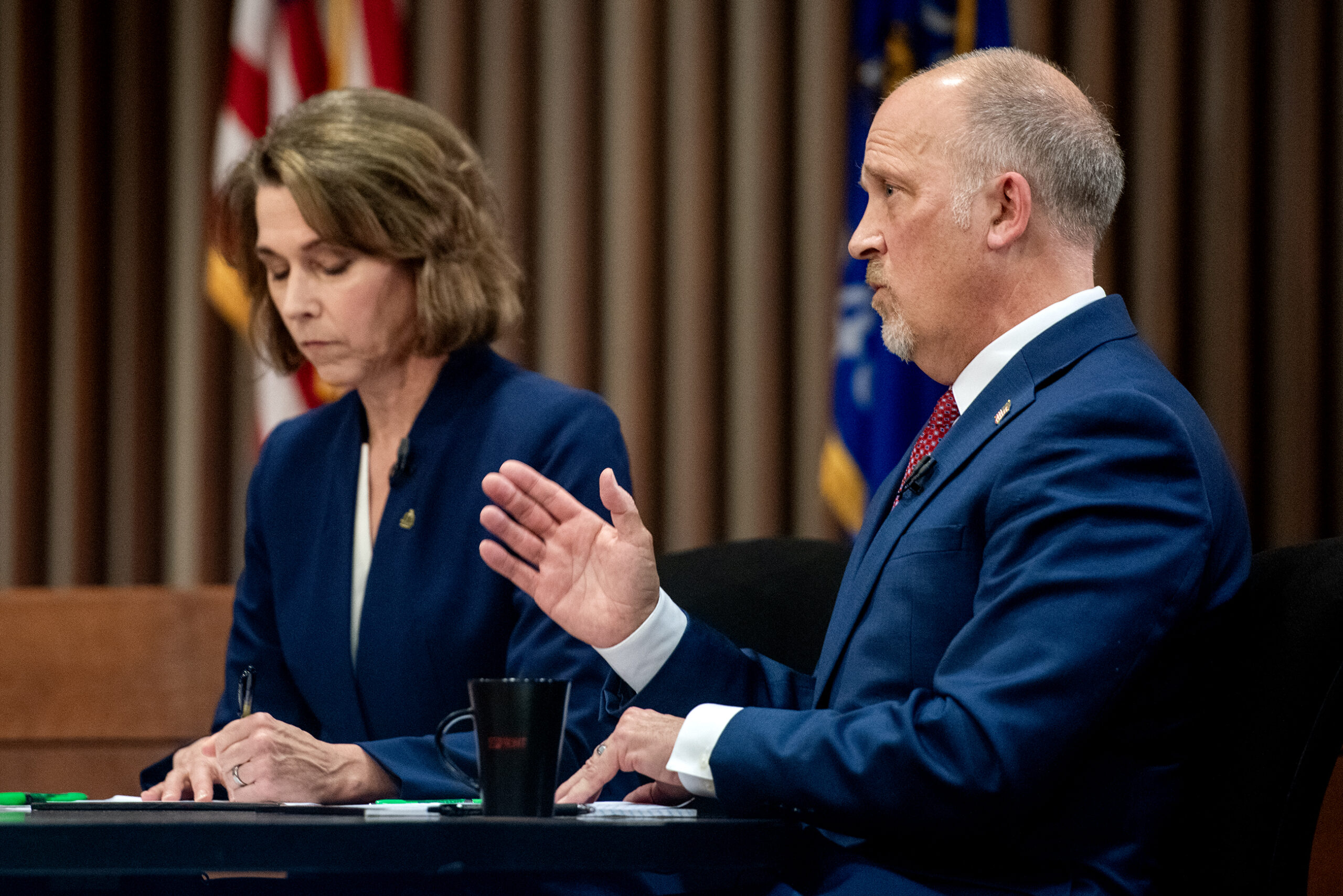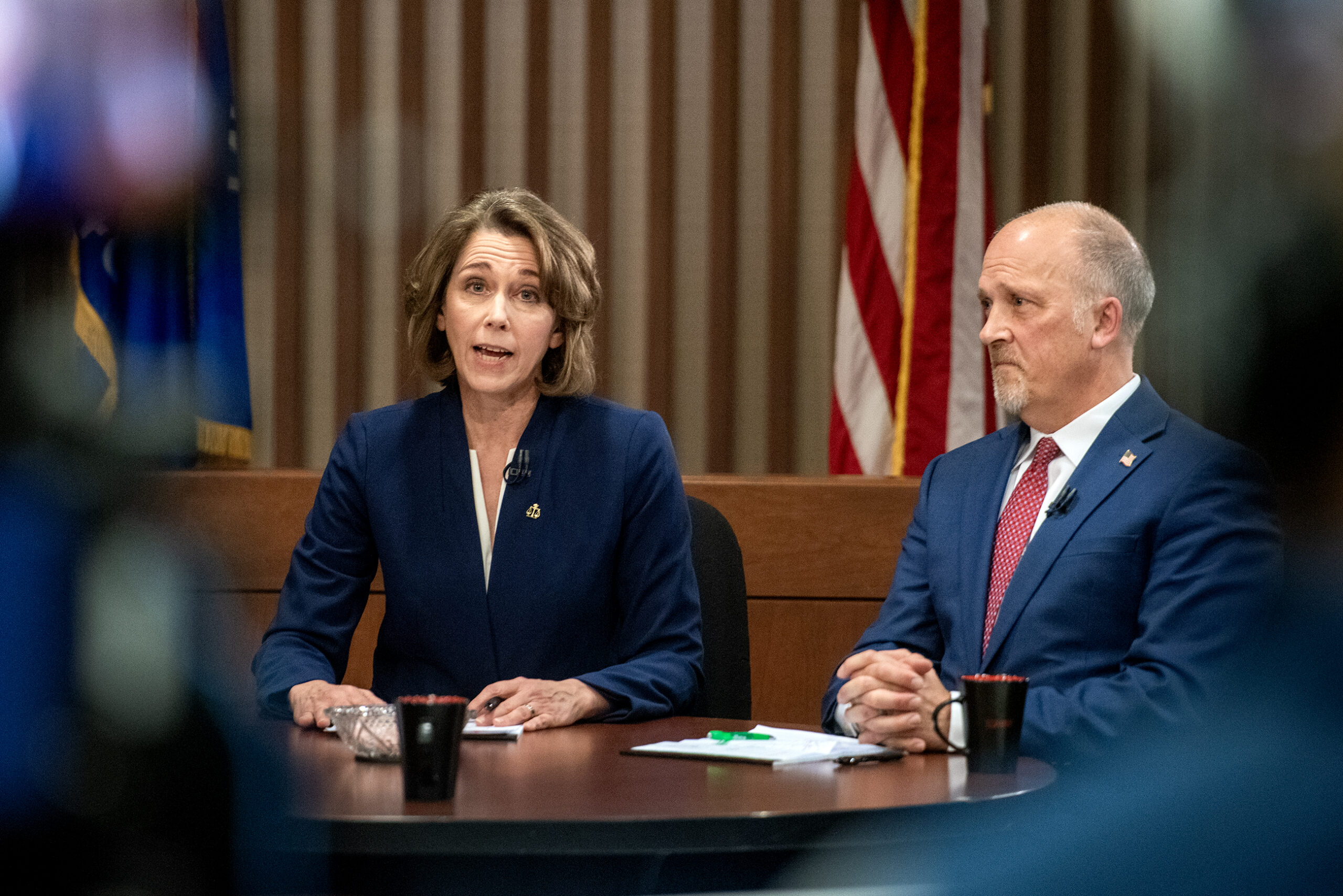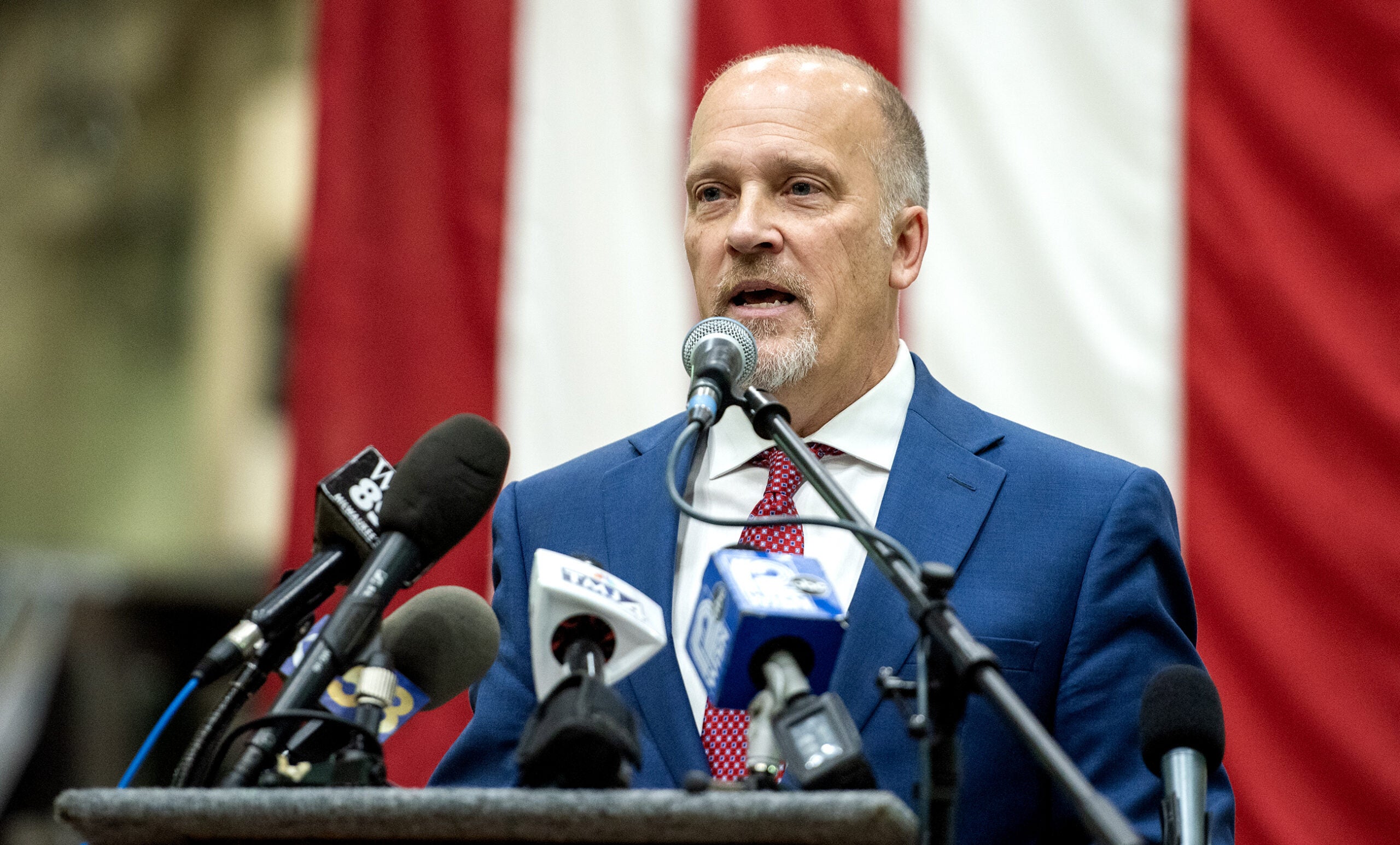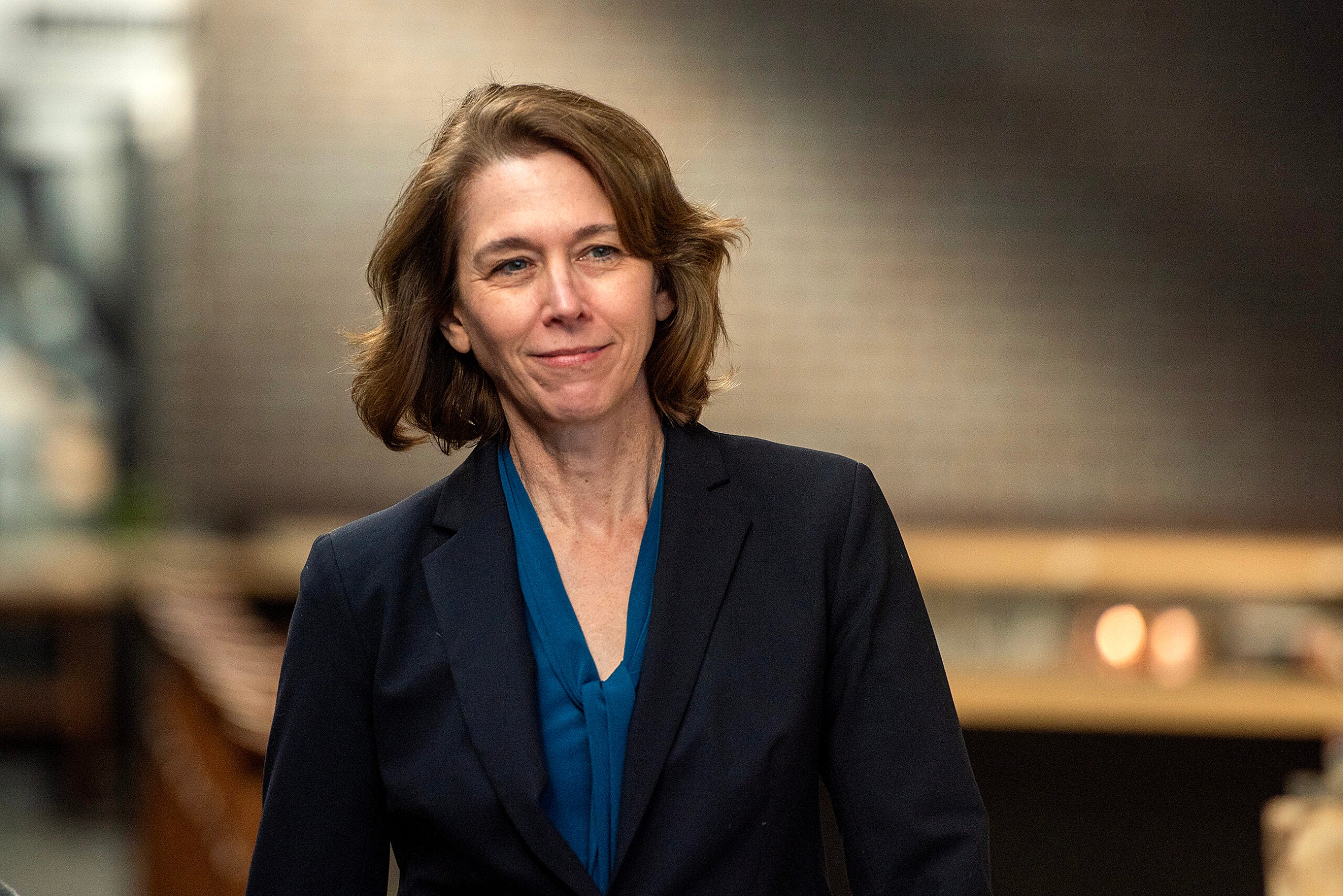Dueling ads in Wisconsin’s high-stakes Supreme Court election focus on a backlog of criminal cases that took place during one candidate’s stint as the state’s top lawyer.
Sexual assault kits — often referred to as rape kits — are collections of DNA and other evidence taken from an assault survivor that can help identify or prosecute an assailant. But in some cases, the evidence is collected and then goes unprocessed, creating what some advocates have described as a national backlog of hundreds of thousands.
In Wisconsin, that backlog was about 6,000 when Brad Schimel, the Republican-backed candidate for Supreme Court, took office as Wisconsin’s attorney general in 2015. He served until 2019, and in a recent campaign ad, claimed that his office cleared 4,000 sexual assault kits during that time.
News with a little more humanity
WPR’s “Wisconsin Today” newsletter keeps you connected to the state you love without feeling overwhelmed. No paywall. No agenda. No corporate filter.
This week, his Democratic-backed opponent, Susan Crawford, released a competing ad that focused on the early years of Schimel’s time as attorney general.
“He let 6,000 rape kits sit untested for two years,” the ad states.
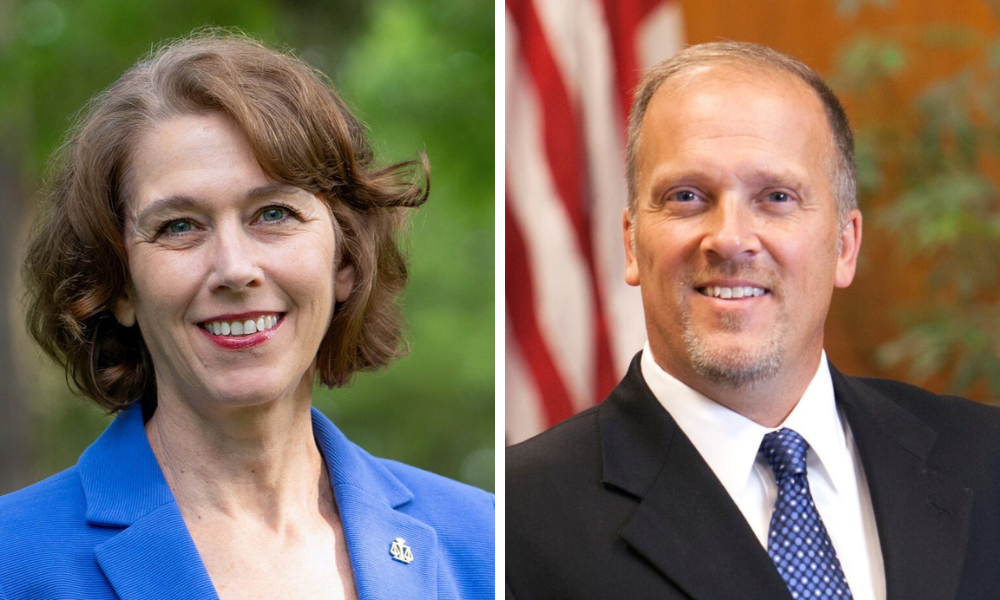
Crawford’s ad refers to a statistic from midway through Schimel’s tenure. As of early 2017, his office said the state had cleared just nine of those 6,000 backlogged tests, according to reporting by the Green Bay Gazette at the time.
That came after the U.S. Department of Justice and the New York County District Attorney’s office sent $4 million in grant funds to Wisconsin to assist with the process. A Schimel spokesperson at the time said the DOJ was following proper protocols for respecting survivors and adhering to requirements of the grant money.
A year-and-a-half later, much of the backlog had been cleared. Schimel announced in September 2018 that all but five of the eligible tests had been cleared, using about $7 million total in grant funding.
That announcement came ahead of his reelection campaign against Democrat Josh Kaul, who criticized Schimel’s handling of the backlog and ultimately bested him that November. Schimel said at the time that there was no political motivation behind the announcement.
“We didn’t delay anything. We didn’t set anything aside. This was done as quickly as possible,” he said in 2018, according to the Milwaukee Journal Sentinel.
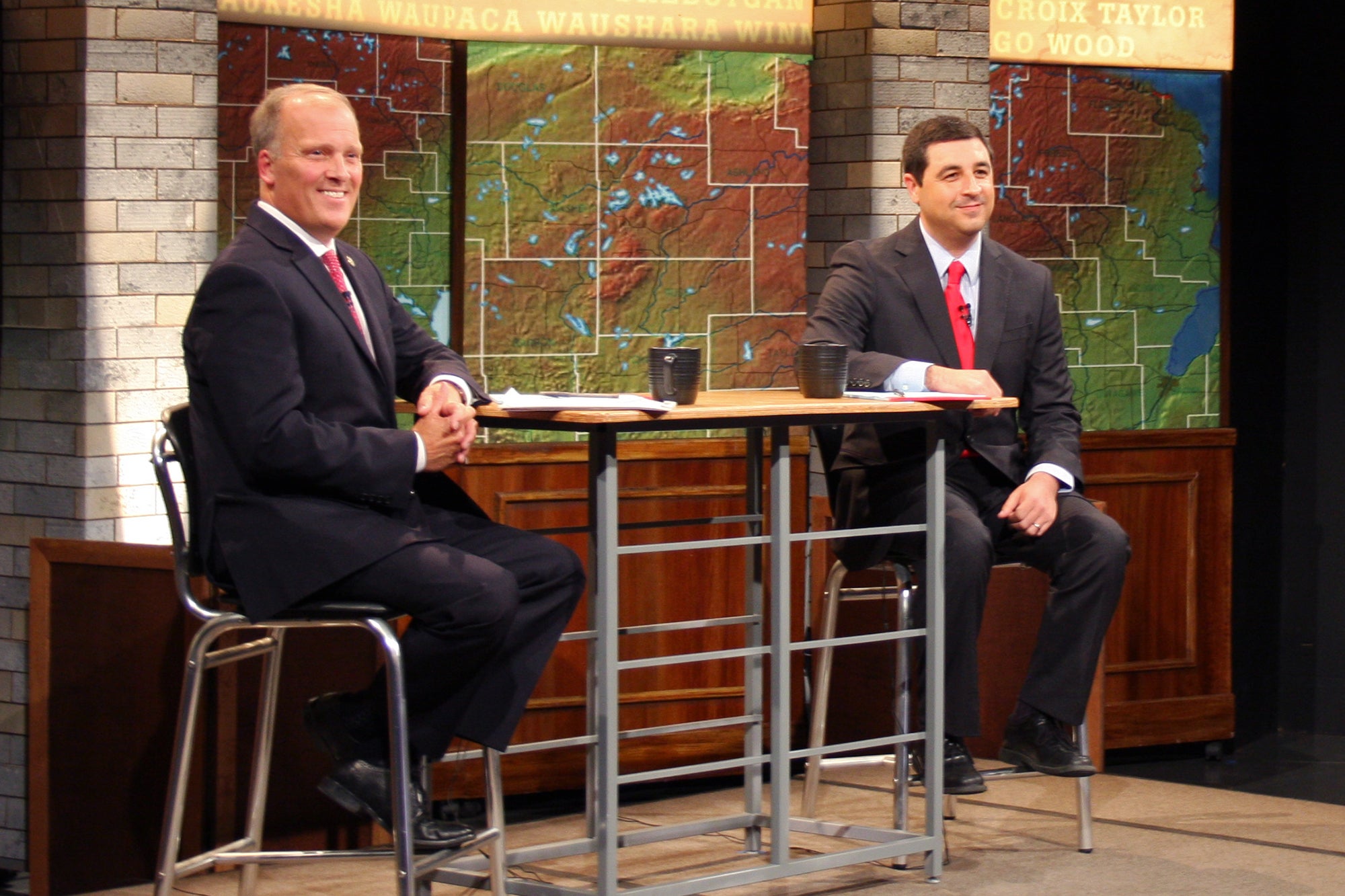
All told, Schimel said at the time that his office had cleared about 4,154 kits, in which survivors consented to the testing. Some of those incidents dated back to the 1980s.
Now, sexual assault kit testing is once again a subject of political debate — this time in a battle for a seat on Wisconsin’s high court, which has no say in how the state manages its DNA testing.
But being able to hold up a record in addressing crime — or suggesting that one’s opponent is soft or slow to respond to crime — is standard messaging in these races, said Damon Cann, a political scientist at Utah State University who has written extensively about judicial elections.
“Rape kits are crime-related, and crime tends to be the No. 1 issue for voters in judicial elections,” Cann said. But, he added, “the big money and the most influential cases that the courts decide that have the most policy consequences are almost never criminal cases.”
Schimel and Crawford are both running to replace outgoing liberal Justice Ann Walsh Bradley in an election that will determine whether the high court maintains its 4-3 liberal majority or flips to a conservative majority.
Wisconsin Public Radio, © Copyright 2025, Board of Regents of the University of Wisconsin System and Wisconsin Educational Communications Board.

